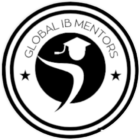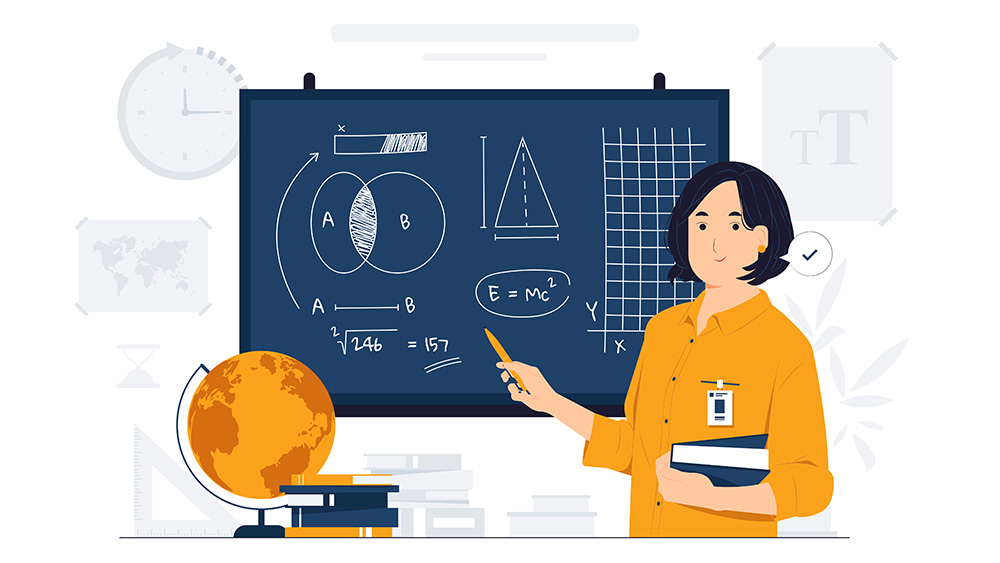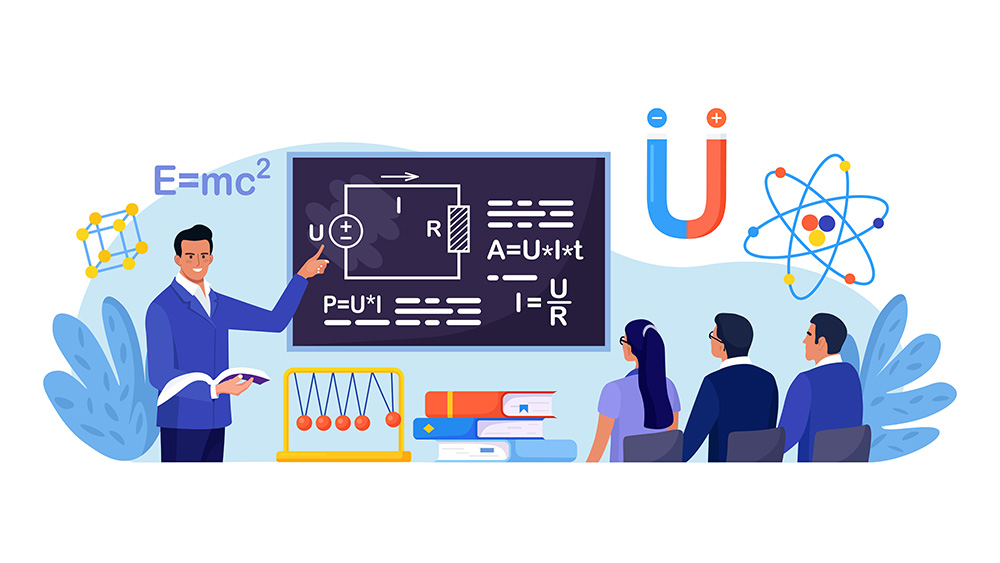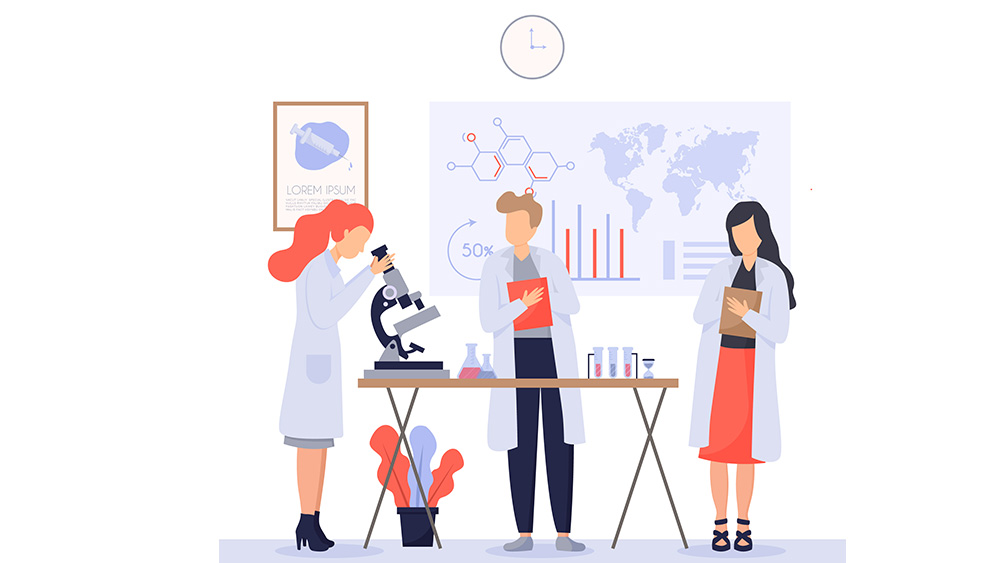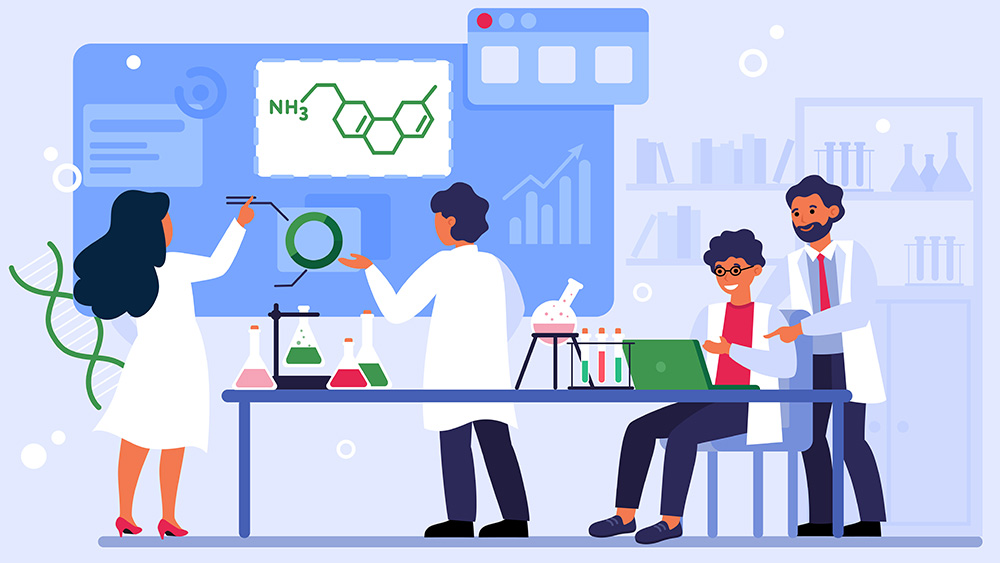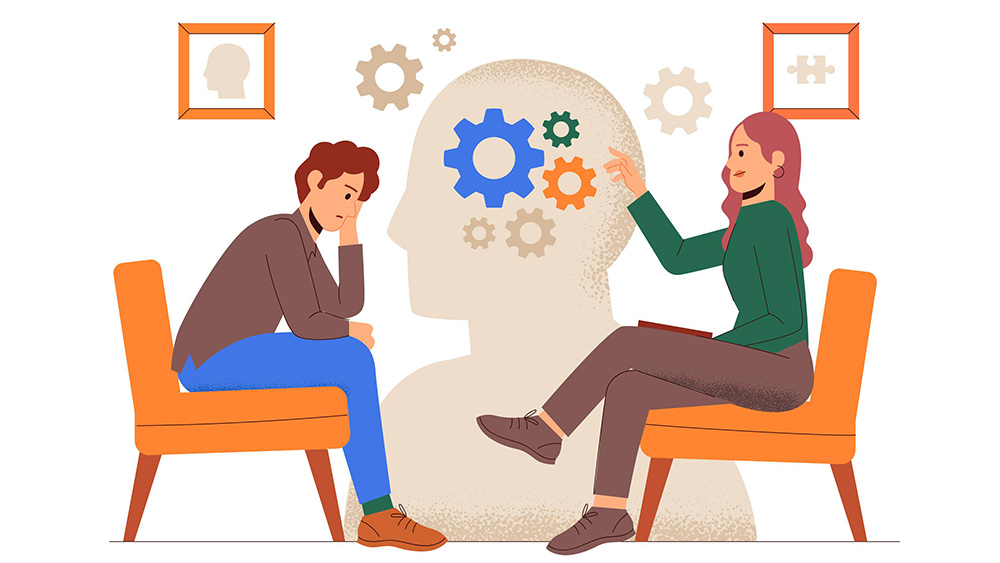Ways Of Chemistry Instruction And Learning
Chemistry can be taught using a number of different methods. Chemistry naturally lends itself to an experimental approach, thus it is anticipated that this will be represented throughout the course.
It is up to individual teachers to choose a sequence that works for their classrooms because the sequence in which the curriculum is organized does not necessarily reflect the order in that it ought to be taught. If desired, portions of the alternative material can be taught alongside the fundamental or the AHL (additional higher level) curriculum, or it can be taught separately.
SL & HL
Students in Group 4 at standard level (SL) & higher level (HL) follow the same core curriculum, use the same internal assessment (IA) system, and study some of the same options. While group 4 science students at both the SL and HL levels engage in the same skills and activities, students at the HL level are required to learn particular topics deeper and in the AHL (additional higher level) content as well as the common alternatives. Between SL and HL, there is a difference in both breadth and depth. Employ an IB chemistry tutor in India from us to discuss more!
All Diploma Programme subjects should be taught for 150 hrs at SL and 240 hrs at HL. Practical activities must be completed by SL students for 40 hours and HL students for 60 hours. The group 4 project will take 10 hours, and the internal assessment inquiry will take 10 hours. (Only a couple of hours’ worth of research can be done after the moderator-submission deadline and still count toward the overall number of hours needed for the practical work scheme.
GIBM’s Teaching Approach
Chemistry can be taught using a number of different methods. Chemistry naturally lends itself to an experimental approach, thus it is anticipated that this will be represented throughout the IB course.
Mathematical Skills Helped To Develop In IBDP Chemistry Learners
All chemistry students enrolled in the Diploma Program should be able to:
- Perform addition, subtraction, multiplication, and division among other fundamental arithmetic operations.
- Calculate with reciprocals, approximations, percentages, decimals, fractions, means, and ratios..
- Use standard notation (3.6 106, for instance).
- Use inverse and direct proportions.
- Solve basic algebraic problems
- Plot graphs for two variables with linear and non-linear correlations (using appropriate scales and axes).
- Understanding how to interpret graphs, especially how to interpret areas, intercepts, and changes in gradients
- Interpreting information in a variety of formats (for example, histograms, bar charts, and pie charts).
Inquiry In Chemistry
Every inquiry is a unique work of art based on various measurements or data acquired. Student data collection should ideally be done independently. When each student independently gathered his/her own data or conducted his/her own measurements, data or measurements from a group test may occasionally be used.
In some instances, group information or measurements from chemistry experiments may be merged to generate sufficient information for individual analysis. Even in this instance, every student ought to have recorded and collected their own data, and they ought to be very explicit about whose data are theirs. Contact an IB tutor to learn chemistry deeply!
Internal Assessment
There are several evaluation criteria that have been identified for internal assessment. Each evaluation criterion includes level descriptors that describe certain achievement levels as well as a suitable range of marks. The level descriptors emphasize success, while for the lesser levels failure to succeed may be mentioned in the description.
Group 4 Project Synopsis
Any group 4 project is a cooperative activity where a variety of group 4 subjects collaborate on a science or technology topics, allowing for the sharing of ideas and perspectives from various disciplines in accordance with goal 10—that is, to “develop a knowledge of the connections between scientific disciplines and their impact on all other areas of knowledge.” Both a theoretical and practical approach may be taken for the project. Schools from various regions should work together.
FAQ'S
IBDP chemistry: What is it?
IB DP Chemistry is a two-year diploma programme that is thorough and skill-based. It gives pupils a thorough understanding of both the theoretical and applied topics in chemistry. It heavily focuses on experiential learning.
Why studying science is important?
Students should understand how scientists collaborate and function as a team by studying a science subject. Although the scientific method can take many different forms, a practical approach is prioritized. Additionally, this knowledge and expertise will be placed in the context of how science and scientists operate in the 21st century as well as the ethical conflicts and constraints of creative scientific effort through the overarching topic of the “Nature of Science”.
How IB Chemistry is an experimental science?
An experimental science like chemistry integrates academic study with the development of practical and investigative abilities.
Why chemistry is referred as central science?
The physical world in which we exist and all biological processes are supported by chemical principles, which is why it is sometimes referred to as the core science. In addition to being a subject worth studying on its own, chemistry is frequently a requirement for many other higher education courses, including those in medicine, biological science, and environmental science.
Is IB Chemistry challenging?
IB Chemistry is a difficult topic, therefore you might want assistance at times. Never hesitate to ask your instructor to review a difficult subject or to explain a concept if you need clarity. To debate challenging subjects and practice problem-solving techniques, you may also organize classroom discussions with your friends.
What chemistry IB course unit is the most difficult?
For many students, the elective is the most challenging subject. When it comes to the HL core curriculum, students have the most difficulty with the topics of acid/base and redox. If you don’t take the time to understand the responses, organic is difficult, but if you get over that, it’s actually quite a fascinating subject.
IB chemistry: Is it more difficult than A level?
Although there is no difference in terms of content, the IB DP chemistry is more challenging than A Level chemistry overall due to somewhat more challenging test questions and study requirements.
How to get 7 in IB DP Chemistry?
- Reading the entire book won’t assist you in the long run, despite what might seem contradictory. Try to appreciate things in little bites instead.
- Note-taking is important, so try to do it on the weekends or when you have free time. Do not read the entire book; instead, go through these.
- Watch videos and do interactive quizzes—Try to watch videos on YouTube (my fave is Richard Thornley) and then complete interactive quizzes (ibchem.com), etc., to get a more comprehensive understanding of the notion.
What is the SL chemistry for IB?
IB Chemistry SL includes fundamental chemistry concepts such as atomic structure, stoichiometry, bonding, and thermodynamics. Additionally, the course includes a few electives, such as contemporary analytical chemical research and medicinal chemistry.
What IB Chemistry choice is the simplest?
Energy is perhaps the simplest choice. There are many similarities between Topics 7 and 8 and Physics if you are studying it. The most challenging choice is definitely medication. But Medicinal can be simpler if you feel at ease with organic chemistry.
What is the importance of investigation in IB science subjects?
Science education is practical. Students get the chance to plan studies, gather data, practice data manipulation, analyze outcomes, work with peers, and assess and present their findings. The research might employ models and databases in addition to lab work. Students learn how to work freely on their own designs as well as collaboratively, especially with schools from other areas, to reflect how scientific research is carried out in the larger world.
Related Courses
WHAT STUDENTS SAY



